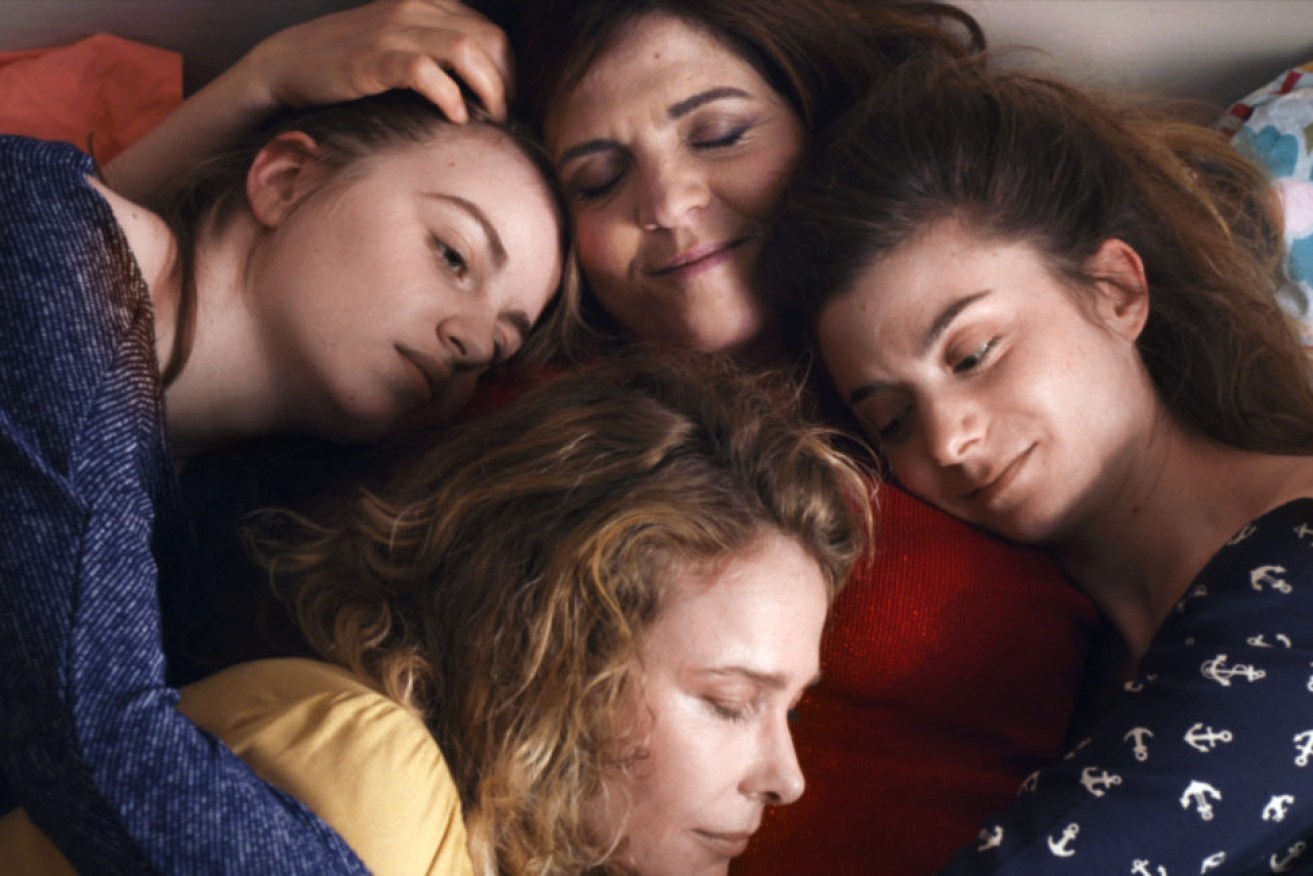Film review: Aurore
Blandine Lenoir’s French rom-com Aurore celebrates a character often forgotten in the glamorous film world – the 50-something-year-old menopausal woman struggling to navigate life after her youthful heyday.

For Aurore (Agnès Jaoui), middle age doesn’t just entail the tears, emotional breakdowns and hot flushes of menopause. It also brings a chance encounter with her first love, the stress of unemployment and her eldest daughter’s surprise pregnancy.
Set in the quaint seaside town of La Rochelle in the west of France, the film is a relatable story for older audiences, dealing with themes of ageing, womanhood, family, and learning to let go.
Splashes of humour – although at times forced and cringe-worthy – help balance what is essentially a serious storyline. Much of this humour stems from Aurore’s frustration at going through menopause. The hot flushes are so extreme in one scene that Aurore starts taking her clothes off just as her ex-husband suggests filing for divorce. In another comical scene, Aurore fails to understand the jargon used by a doctor to explain the science behind menopause. The joke drags on a bit too long, but that’s not to say it isn’t refreshing to see a film so obviously tackling a subject still considered by many as taboo.
As the film progresses, Aurore’s character becomes increasingly likeable as she matures into a more self-assured and determined person. We root for Aurore when she decides to quit her job out of spite for her condescending manager and applaud her when she confronts a creepy catcaller on the street.
Agnès Jaoui plays the role of Aurore with great warmth and conviction. She refrains from over-acting the more dramatic scenes and is subtle in conveying Aurore’s internal thoughts to the audience. It helps that the character is a relatable one, a woman who, despite her flaws (of which there are many), still manages to pull at the heartstrings of those who have passed her life hurdles and those who are yet to encounter them.
When asked why she chose make a film on a woman in her fifties, director Blandine Lenoir said she wanted to pay homage to the women whose lives were “ending in terrible love and less solitude”. I may have been the cinema’s only audience member in her twenties (the majority were 40+), but Lenoir’s message of ageing gracefully still landed with great tenderness, subtlety and conviction.




